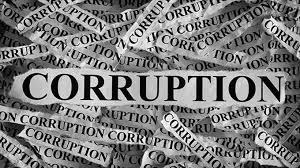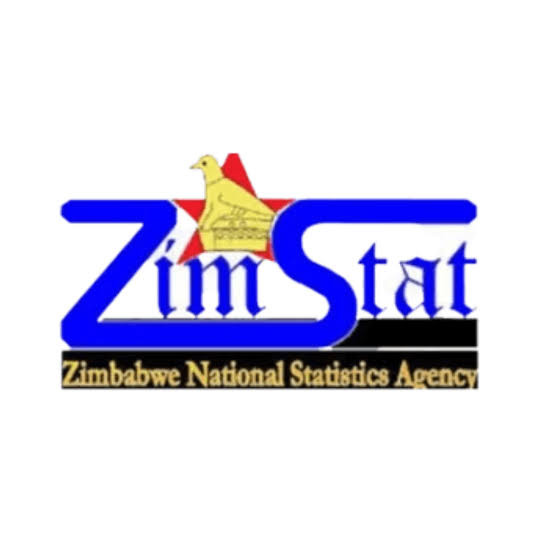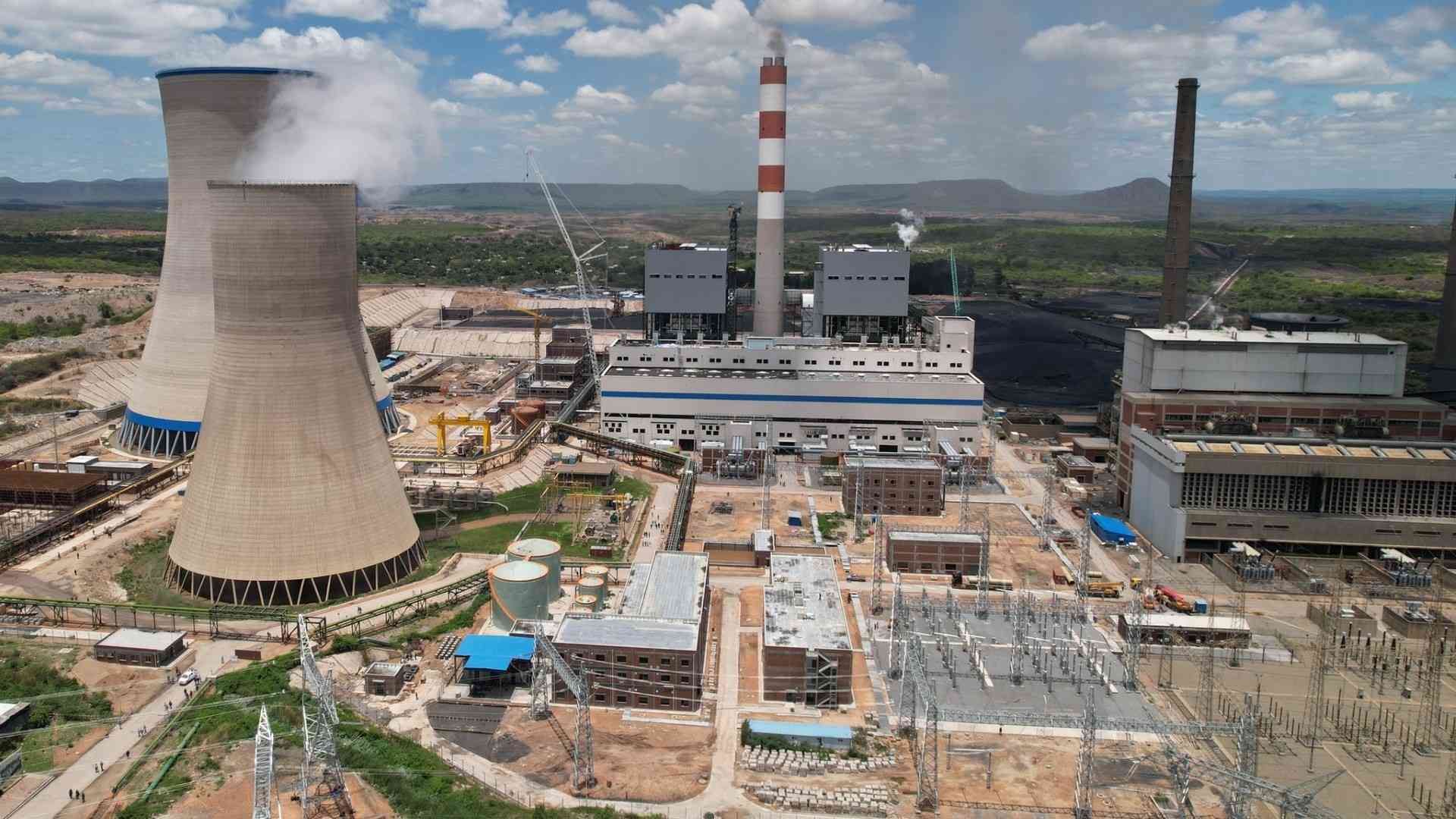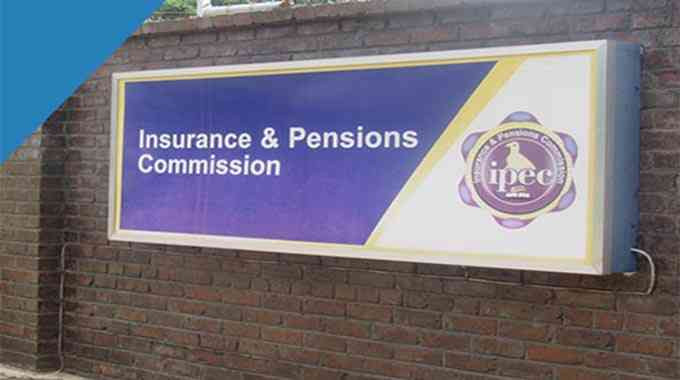
ZIMBABWE’S private sector is facing a deepening liquidity crisis as delayed government payments, entrenched border corruption and a fragmented tax system combine to choke the country’s industrial base and undermine fiscal stability.
According to a nine-page submission to Treasury by the Zimbabwe National Chamber of Commerce (ZNCC) seen by the Zimbabwe Independent, corruption and smuggling at border points are draining more than US$1 billion from state coffers every year.
“Delayed payments to government contractors strain private sector liquidity. Unpaid export surrender balances make exporting less competitive and add to an unfavourable debt position,” the ZNCC warned.
“Contractors’ and exporters’ cash flow challenges reduce tax compliance, worsen arrears, and stifle business growth.
“Contractor Payment Clearing System requires all certified government invoices to be settled within 90 days; issue tradeable Treasury Bills for arrears, deductible against tax liabilities. Revenue losses from corruption and smuggling are estimated at over US$1 billion annually… Weak automation, discretionary enforcement and poor remuneration create loopholes for collusion and leakages,” it said.
For formal businesses, the consequences are immediate and severe. Contractors and exporters are grappling with unpaid invoices and unresolved export surrender balances, delaying investments, disrupting operations and worsening cash flow pressures.
“After the 2025 GDP rebasing, Zimbabwe's tax-to-GDP ratio fell from about 18% to about 14%, below the Sadc convergence target of 25% and the 22–25% median for middle-income countries,” it said.
“Non-tax revenue contributes only 4% of total collections, leaving 96% from taxes in a highly informal economy. Current rates of 2% on transactions increase costs, distort supply chains, and encourage cash usage amidst efforts by the RBZ to move towards a cashless society.
- Lobby group bemoans impact of graft on women
- Corruption watch: Rogue cops: Blame it on the bosses
- DJ Ladyg2 fights stereotype in showbiz
- Corruption watch: Who is benefitting from the Pomona sham deal?
Keep Reading
“For VAT, the government moved most of the products to the exempt category, one cannot claim input tax (15%) unlike for zero rated and standard rating; this obviously increases cost of doing business (covered under Sl 15 of 2024 and SI 248 of 2023),” the chamber said.
VAT regulations, it added, are amplifying liquidity risks.
“Businesses must file separate VAT returns for USD and ZiG transactions in TaRMS. VAT refunds cannot be used to offset other tax obligations (e.g., customs duties, corporate tax),” it said.
“VAT refunds cannot be used to offset other tax obligations… Refunds of ZiG input VAT require audits and are significantly delayed.
“This creates unnecessary cash flow mismatches where the government owes companies more than companies owe the government.”
Border management remains a major pressure point. The ZNCC recommended the full rollout of the Zimbabwe Electronic Single Window system and urged authorities to effectively deploy AI-powered cargo monitoring, drones and CCTV to improve surveillance and detect smuggling.
The chamber further called for ring fencing border revenues, allocating a fixed share of customs and licensing fees to staff and infrastructure upgrades.
And conducting “joint anti-corruption audits between Zimbabwe Anti-Corruption Commission, Zimbabwe Revenue Authority, and the Office of the Auditor-General” with performance-linked incentives to reduce rent-seeking.
It also flagged that Zimbabwe’s tax incentives regime was out-dated and fragmented, eroding fiscal space.










